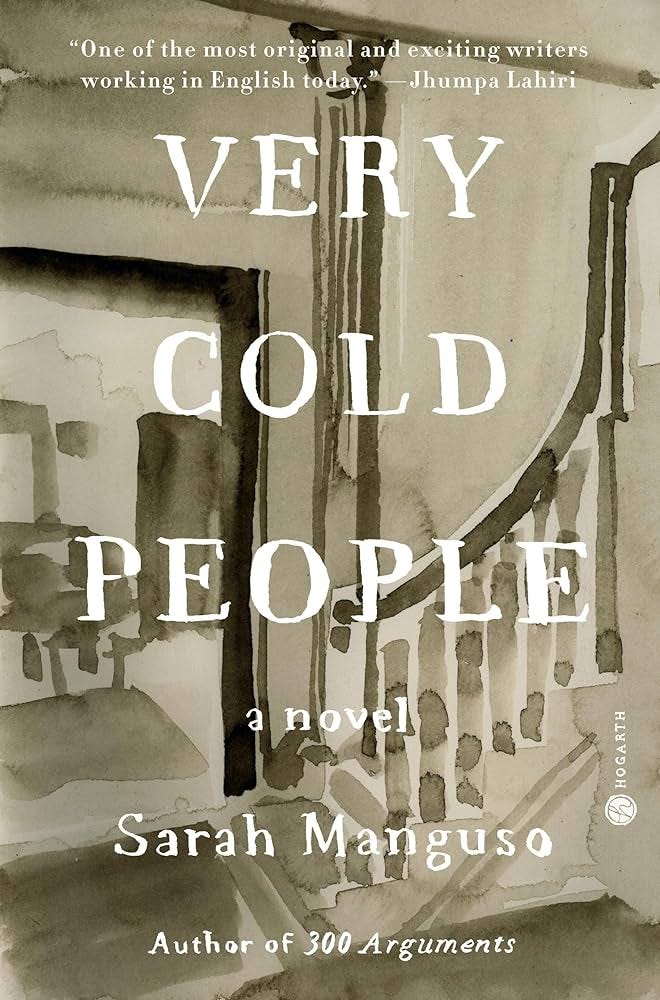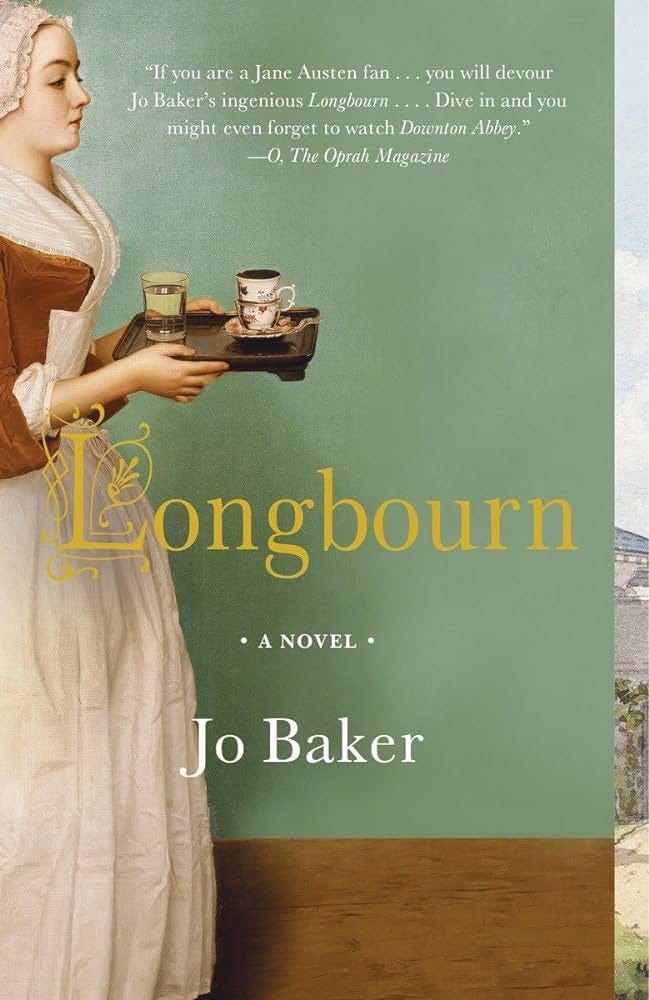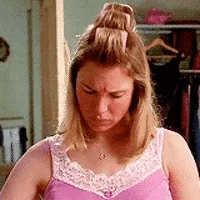PSA! There’s still time to join our summer book club! We’re reading Attachments, Lucas Mann’s gorgeous, meandering collection of essays on fatherhood, and then discussing book with Lucas as part of a live episode. Register here to join us on August 7th, and order the book here to read all or some of the essays, or just show up curious!
Let's Read 'Attachments: Essays on Fatherhood and Other Performances'
It’s Book Club time!!! We’re in love with a new book, and we want to discuss it with everyone we know. Let’s read along side one another this summer, and come together in our virtual living room to discuss (byo bad Chardonnay, chillable red or baked brie).
I picked up a copy of Sarah Manguso’s Very Cold People at my new local urban feminist bookstore, Womb House Books, which, based on my expenditures since its opening, I will be an investor in by end of year. Manguso has been on my list, and has a new novel coming out soon that has already generated some excitement, and my lovely feminist bookseller said this was a good one to start on.
The book has all the trappings of contemporary high-brow that is mostly read by women — stark Cusk-ian sentences, everyday abuse and neglect, no happy endings. Manguso’s author photo is aloof, like she is too busy being a great writer to worry about being cute. I read it on the beach, joking about now not a beach-read it was, but how I was so disturbed by it I was having trouble reading it before bedtime. None of this, by the way, felt put on — the book is crisply devastating, and original, and engrossing, and like all great books, made me realize a small sliver of the world as I thought I’d understood it was actually obscured. Once I was done, however disturbing the process, that small understanding had been righted. It’s a beautiful book.
The Times just rolled out their top 100 books of the 21st century, which, thankfully, was somewhat crowdsourced from several hundred writers and luminaries, rather than pulled solely from people like this ding-dong. It was so fun to see what Curtis Sittenfeld listed as her favorite books of the century so far, to see books that changed my life, like Rachel Cusk’s Outline, or books that blew me away but I rarely hear spoken of, like Edward P. Jones’s The Unknown World, on there.
But oh, the books that were left off that list!!! Samantha Hunt’s The Unwritten Book and Rachel Yoder’s Nightbitch and Sam Anderson’s Boom Town and Lauren Groff’s Matrix and the children’s books that would have certainly been on my list, like Wild Robot and Flora and Ulysses and The Terrible Two series. But I suppose all children’s books are low-brow unless they win a Caldecott.
I picked up a copy of Jo Baker’s Longbourn, at Wellspring, the charity thrift shop that is the closest thing to satisfying commerce in the blue collar beach town of Hull, Massachusetts, where people run on Dunkin’ and Blue Lives Matter flags fly high, for three bucks. I had nothing to read, and having long been an Austen-head, recognized the title as the house name of Lizzy Bennet, the heroine of Pride and Prejudice. It promised to tell the story of Austen’s most iconic novel through the eyes of the servants, the other half of the irresistible Downtown Abbey formula. I thought, “This will be dumb! This will be fun!”
Because my father loved Austen, I always took it quite seriously. As I got older, I learned from some, mostly people who had not really read her, or perhaps had read only P and P (a masterpiece, of course, but only my third favorite Austen after Persuasion and Sense and Sensibility), that she was, in fact, not real literature. Real literature was Hemingway, or Salinger, or even Henry James, which felt a bit like Austen, but not terribly funny. Austen was frivolous, highly female. I still feel confused about whether it’s cool how much I love her, even though cool people like the wonderful Brandon Taylor love her unabashedly. But Austen fan fic seems to take on a clear cultural veneer of unseriousness. It is Renée Zellwegger falling over herself to find a man. In other words — low brow.
Longbourn, it turns out, is a beautifully written book. It adds depth to much of the barely touched upon backdrop of the original — the endless effort and creativity it took to prop up a highly comfortable class of elite in a time when the day-to-day of life was still highly uncomfortable. The daily impacts of war on Georgian England. Baker adds darkness to the already-awful Wickham, in a way that I think would make Austen smile. Her writing makes you fully comprehend the poetry of the word “chilblain.” Jo Baker’s author photo is very cute, almost Amelie-lile. Like its inspiration, her book has a happy ending. I read it on the beach. I read it on the plane, where I noticed my desire to have a more impressive book in my hands as people walked by, but told that desire to hush up. And in my bed, up way too late with a little flashlight next to my snoring son.
What more, tell me, could you want for in a book?
And it made me ask, what is the use of thinking of a book as high brow or low brow? What is the use of ranking something so incredibly personal, rather than just celebrating the fact that there are so many different ones to choose from? What is the use of categorizing anything, really?
Life isn’t really so tidy, is it? Hanif Abduraqqib writes 5000-word odes to Carly Rae Jepsen (who, the way, I’d defend as being high brow, if I cared, which I DONT). Sometimes eating Doritos feels like channeling God. Sometimes you sit at a Michelin starred restaurant, look around you, and feel like a huge turd. Why are we still maligning some things for—I do believe it comes down to this—not being intellectual enough?
Many artists, and some critics, understand this. Autumn de Wilde’s 2020 film version of Austen’s Emma is an exquisite tribute to Austen’s own grasp of the idiocy of the high-brow, low-brow binary, even though it does feel like she understood that it existed. It is silly, and cheap, and brilliant, and moving.
The master of shattering the high-brow/low-brow class is, to me, the New York Times critic AO Scott, whose review of Hot Tub Time Machine should be taught in critic school, so that fewer critics (not all, so many good ones out there!) condescend to work they don’t understand because they are too busy being superior.
I am not too good for Longbourn, and I’m good enough for Manguso, and we should all read whatever we want, whenever we want, with pride. It’s 2024. There’s only one brow. Now crease yours over some pages, friends, and tell me what you love, without embarrassment.











You had me at Hot Tub Time Machine
I had a look at the list and I couldn’t believe how much was left off! Her Body and Other Parties should have been on there for sure too